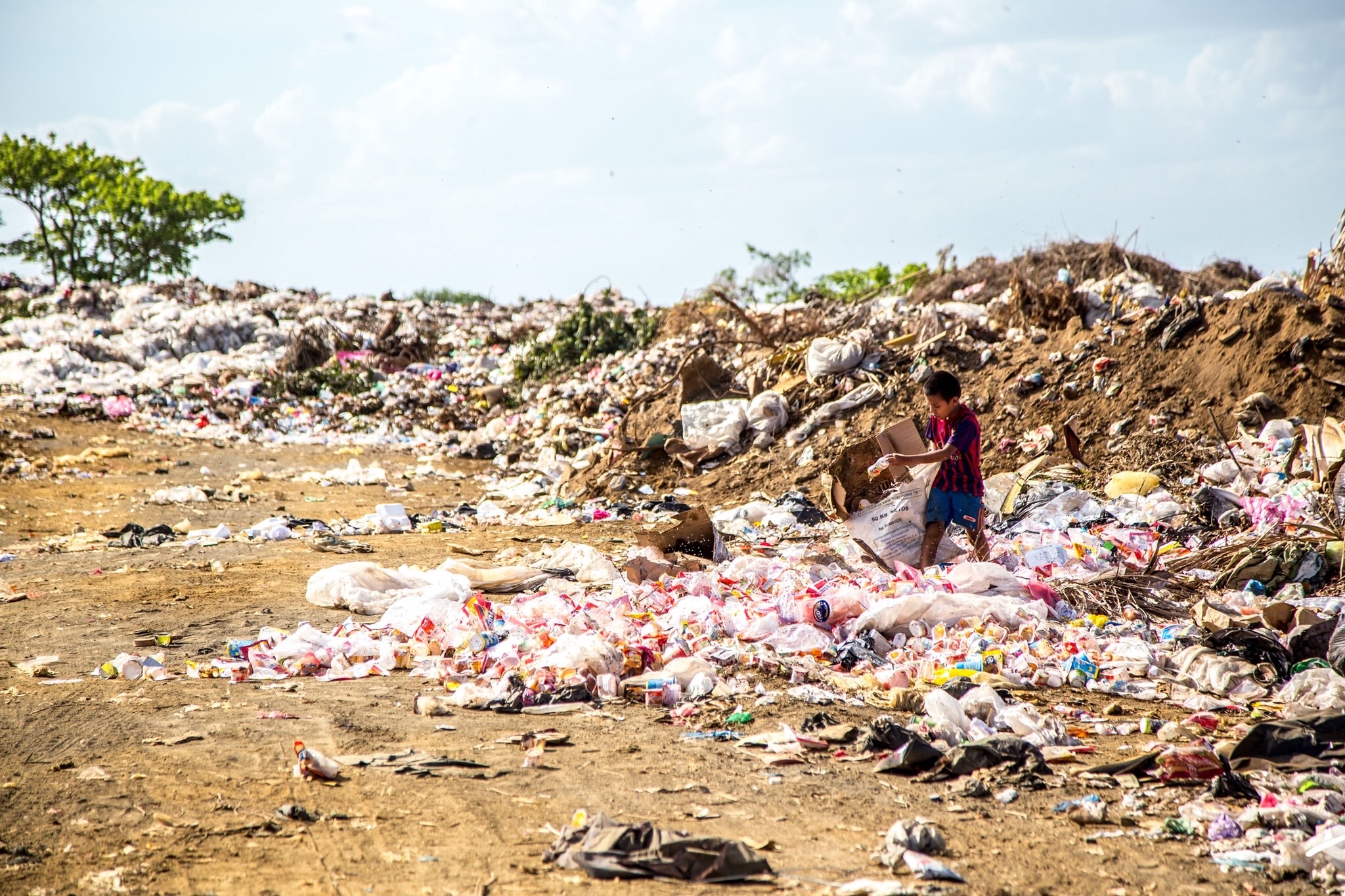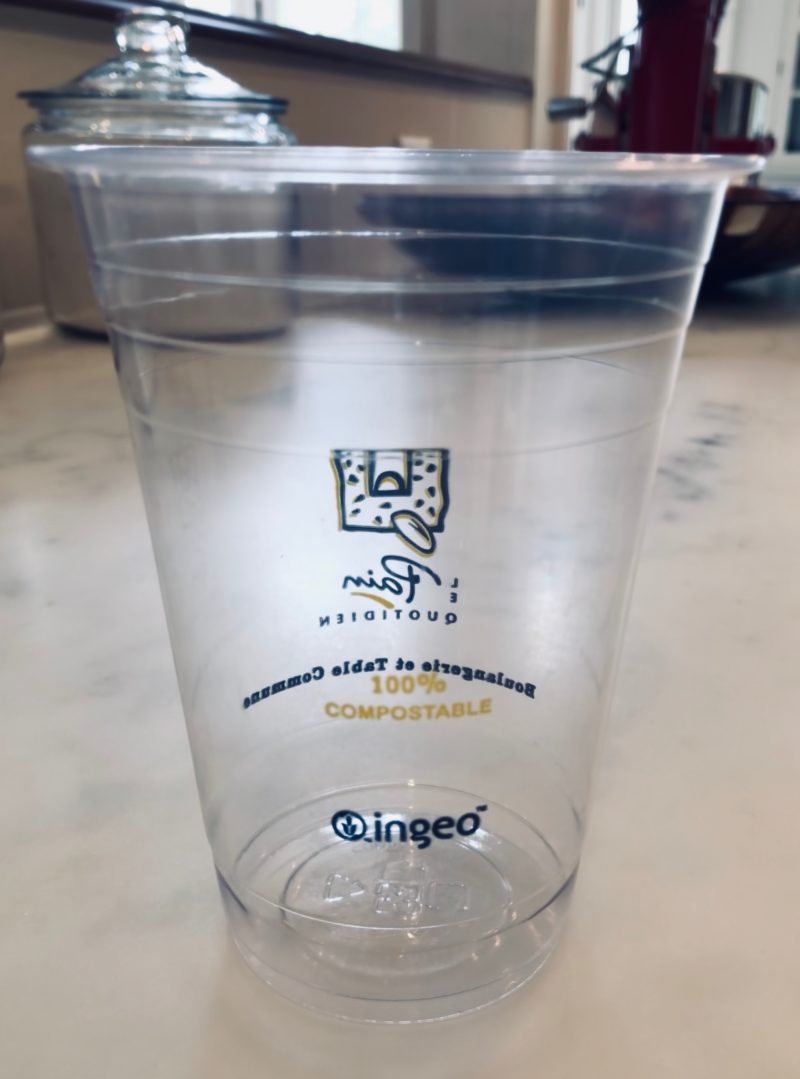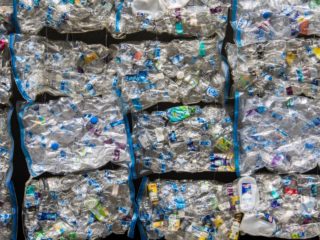Compostable cups, plates, containers … all of these products (“compostables”) have been advertised as solutions to the ever-increasing plastic waste that blankets our planet. But are these products an effective waste reduction solution?
What are Compostables?
Compostable Materials
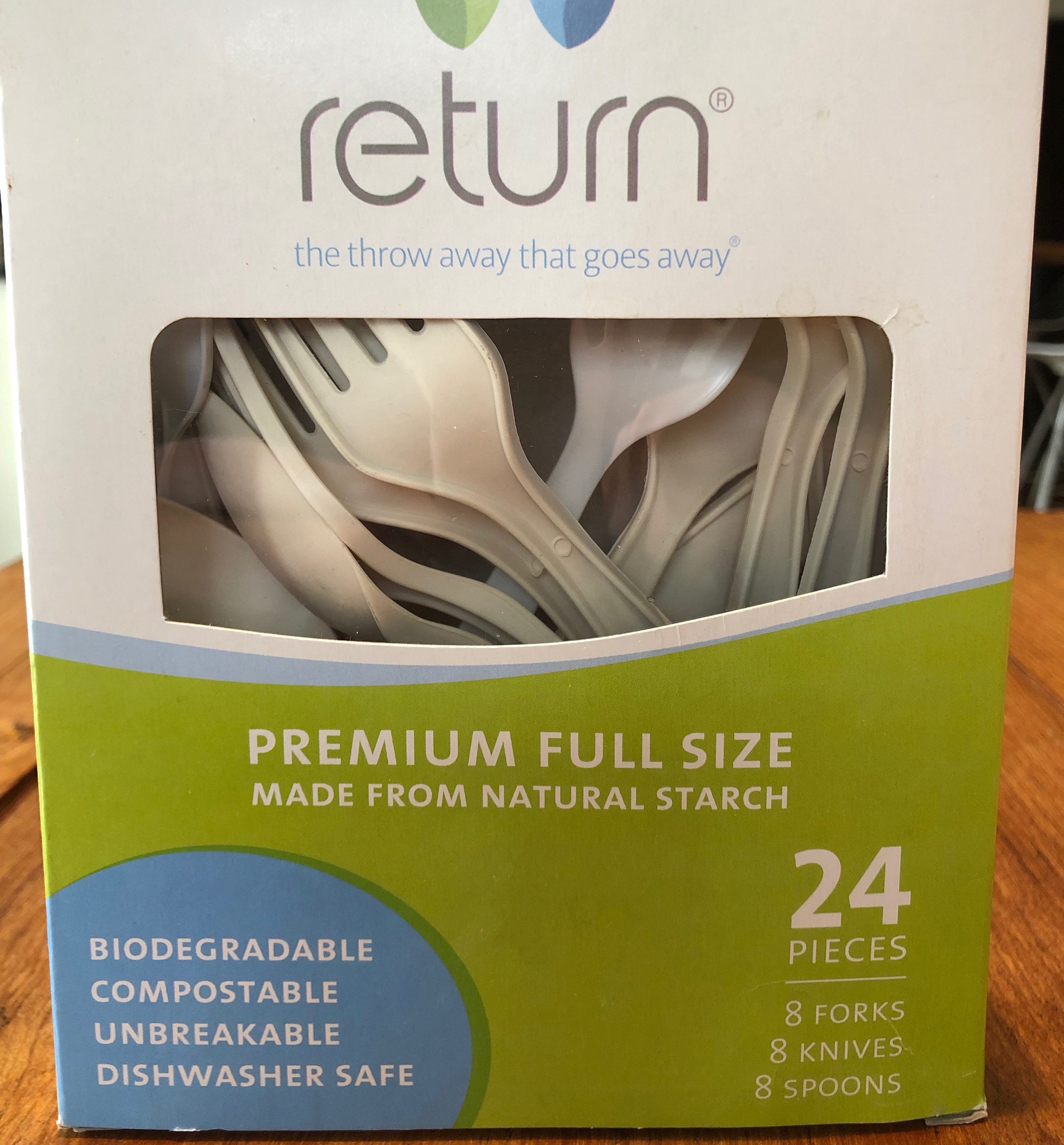
The term, “compostable” means a product that, within a compost environment, can break down into natural elements (carbon dioxide, water, inorganic compounds and biomass) in a short period of time, typically around 90 days.
Traditional plastic disposable products are made from non-renewable components, including petroleum. With traditional plastic’s stubborn ability to withstand decay, products made from this type of material are also difficult to dispose of or even recycle.
In response to both the materials and degradability problems, new kinds of products have been created that are made from plant-based materials, such as corn, cellulose, potato, soy, and tapioca starches. The benefits of these “bioplastics” are two-fold: they use renewable resources and – under the right conditions – they can rapidly decompose.
Not all Compost Environments are the Same!
A compost environment can be your backyard compost system or a commercial compost facility. However, take note! The types of items and products that can be composted within these systems vary.
Acceptable compostables for a backyard compost system are limited to items made from uncoated paper or plant fibers. Examples include paper, paper plates, uncoated paper cups, parchment paper, wax paper, coffee filters.
Acceptable compostables for a commercial compost facility include certified compostable products. These facilities use high temperatures and concentrated bacteria blends to accelerate degradation. That said, some commercial facilities won’t accept all compostables, even certified products. If you participate in a commercial compost program, make sure to check before including compostables in your compost bin.
The main point to remember is that while compostables do indeed degrade more rapidly than products made from traditional plastic, they only do so under the right conditions. A compostable item tossed in the garbage or even the recycling bin will not degrade. And this is where the confusion sets in.
Compostables and Consumer Confusion: Examples
Doggy Poo Bags
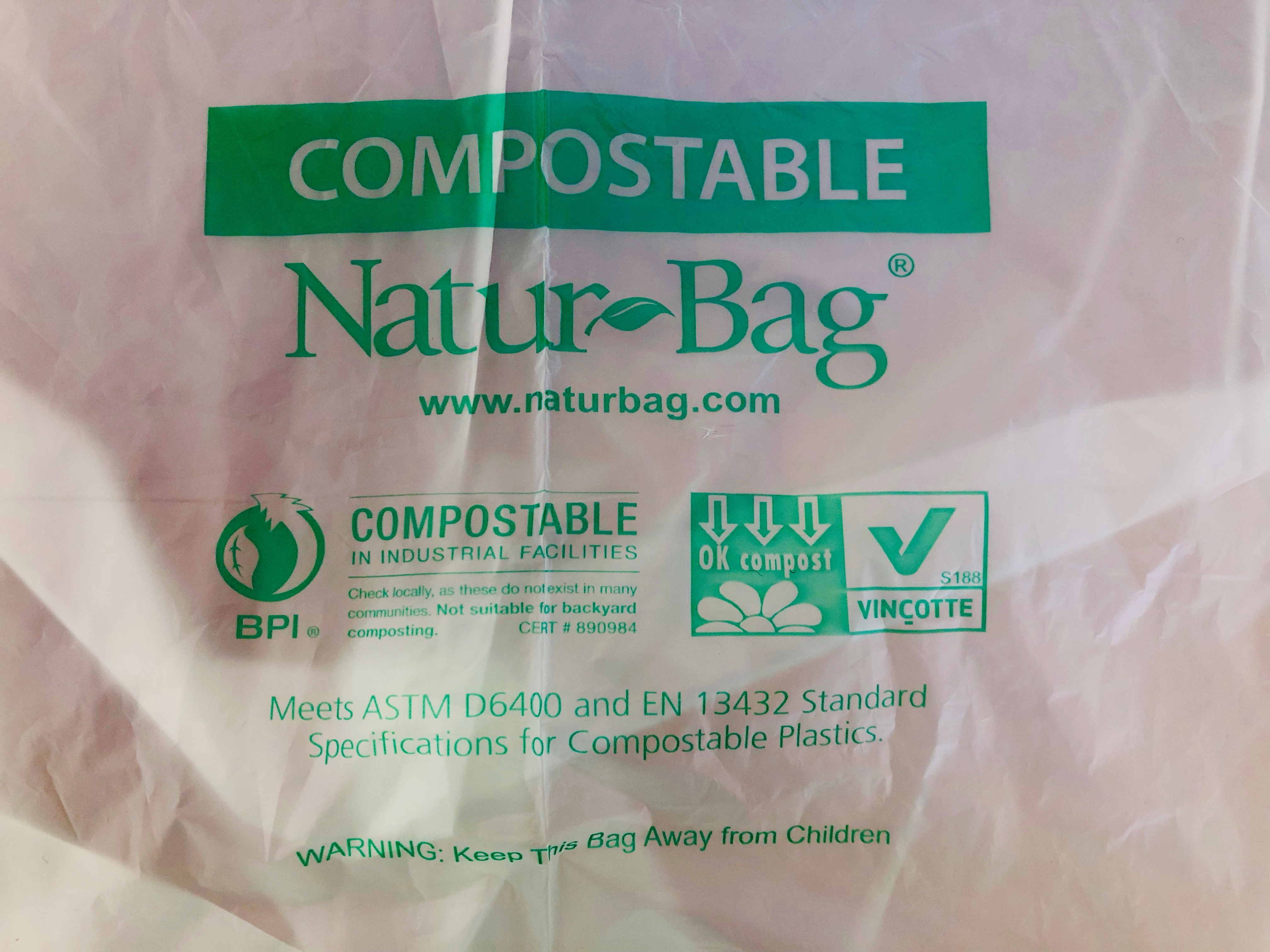
Here’s an example of how compostables confusion can undermine the best of intentions: a conversation about dog poo waste bags! I agree, an odd topic, but it illustrates the challenge of identifying truly environmentally friendly products.
It started with an email from the administrator of a local park asking me to weigh in on the proposed purchase of “biodegradable, compostable” dog waste bags. The idea was to install dispensers containing these bags throughout the park so dog walkers could use environmentally friendly bags instead of plastic bags. A great idea with the best of intentions.
The good news was that the bags were certified compostable by a reputable certification organization. The bad news was that despite the certified compostable label, the question of proper disposal was unclear. The problem became more apparent after I asked her these questions:
- Will the park have designated receptacles to collect used bags for disposal?
- If the park has designated receptacles, how can you ensure that people will put the used bags in these receptacles instead of a garbage can?
- How and where will the used bags be taken? Most commercial composting facilities don’t accept pet waste.
It turned out that there were no designated bins nor plans to collect and transport the used bags to an appropriate composting facility.
I told the park administrator that unless she was prepared to implement strict controls for monitoring proper disposal of these bags, they’d simply end up in a landfill or be incinerated. In short, the park would be purchasing pricey “compostable” bags that were no different from a standard plastic bag. What a waste!
Single-Use Coffee Pods
Here’s another example with questionable greenwashing undertones: compostable single-use coffee pods. As we know, the compostable label is extremely confusing. And that’s probably the goal. We’re led to believe that we’re buying something with no environmental footprint — that when we throw it away, it’ll degrade rapidly. And that’s a good thing because now we can buy more!
The fact of the matter is that most “compostable” products will only degrade in industrial facilities. Don’t try composting these pods in your backyard setup. They won’t degrade. If you throw them in the garbage, they’ll end up in a landfill or be incinerated. And don’t put them in recycling! The materials that they’re made from can’t be recycled. The only way that these types of products can be properly composted is to participate in a public or private compost service that contracts with a certified compost facility.
To avoid being greenwashed, read the fine print before making your purchase of compostable products.
Are Compostables the Answer to Plastic Waste?
